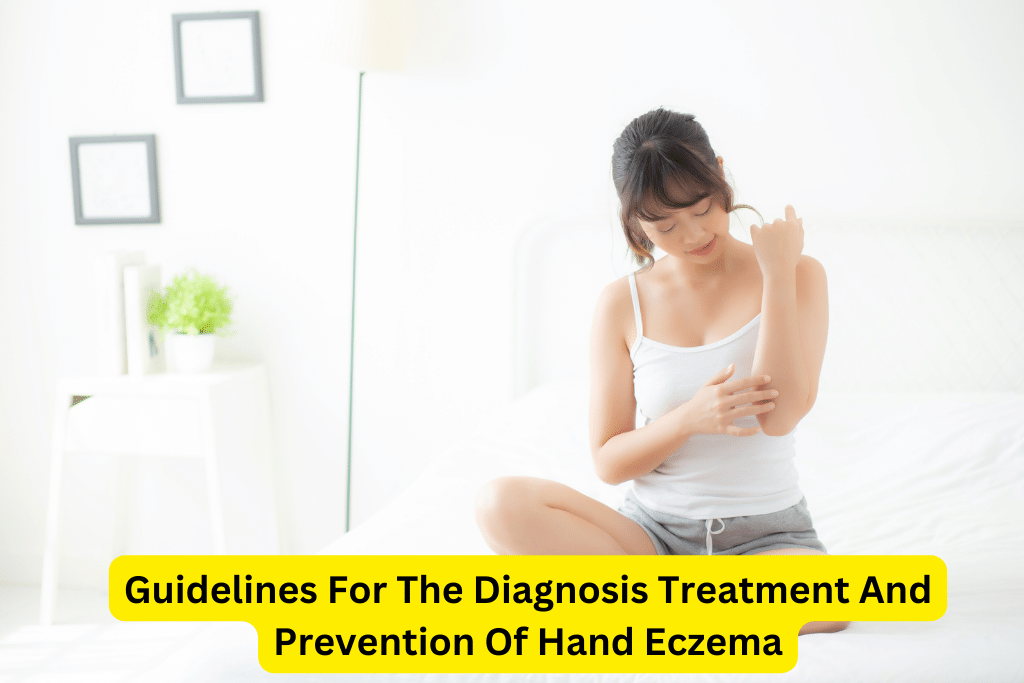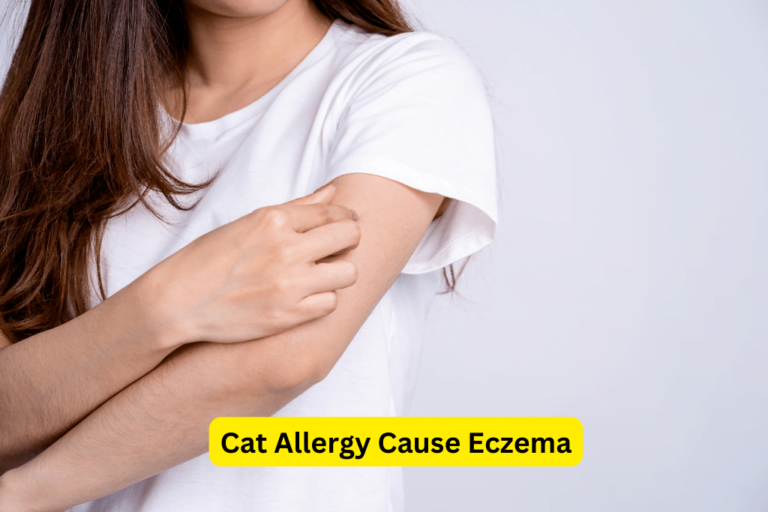Hand Eczema: Diagnosis, Treatment, and Prevention Strategies
Guidelines For The Diagnosis Treatment And Prevention Of Hand Eczema
Hand eczema is a common skin condition that affects the hands and fingers. It is characterized by inflammation, redness, itching, and dryness of the skin. This condition can have a significant impact on individuals, causing discomfort, pain, and even interference with daily activities. In this article, we will explore the causes, symptoms, diagnosis, treatment options, prevention strategies, and lifestyle advice for managing hand eczema.
Causes and Risk Factors of Hand Eczema
Hand eczema can have both genetic and environmental factors. Atopic dermatitis, a chronic inflammatory skin condition, can increase the risk of developing hand eczema. Family history also plays a role, as those with a family history of eczema are more likely to develop hand eczema.
Environmental factors such as occupational exposure to irritants and allergens can trigger or exacerbate hand eczema. People who work in certain industries like healthcare, cleaning, or food handling are more susceptible to developing hand eczema due to frequent exposure to chemicals and irritants.
Climate and weather conditions can also affect the severity of hand eczema. Dry and cold weather can lead to dry and cracked skin, making it more prone to irritation and eczema flare-ups.
Symptoms and Diagnosis of Hand Eczema
Common symptoms of hand eczema include redness and rash, itching and dryness, and blistering and crusting of the skin. These symptoms can vary in severity and duration, and they may come and go over time.
Diagnosing hand eczema involves a physical examination by a healthcare professional. In some cases, additional tests such as patch testing or a differential diagnosis may be necessary to determine the cause and type of hand eczema.
Types of Hand Eczema
There are several types of hand eczema, including:
- Contact dermatitis: This type of hand eczema is caused by direct contact with irritants or allergens. It can be further classified into irritant contact dermatitis, which occurs due to exposure to chemicals or harsh substances, and allergic contact dermatitis, which is triggered by an allergic reaction to certain substances.
- Dyshidrotic eczema: Dyshidrotic eczema is characterized by small blisters that develop on the palms, fingers, or soles of the feet. It is often associated with sweating and can be triggered by stress or exposure to allergens.
- Hyperkeratotic eczema: This type of hand eczema is characterized by thickened and rough skin. It is usually a chronic condition and can be caused by repeated exposure to irritants or a genetic predisposition.
- Pompholyx eczema: Pompholyx eczema, also known as vesicular eczema, is marked by small, itchy blisters that develop on the hands or feet. The cause of this type of eczema is not well understood, but it is commonly associated with factors such as stress and allergies.
Treatment Options for Hand Eczema
Treatment for hand eczema aims to relieve symptoms, reduce inflammation, and prevent flare-ups. The following treatment options are commonly used:
Topical treatments:
Topical corticosteroid creams or ointments are often prescribed to reduce inflammation and relieve itching. Emollients and moisturizers help hydrate the skin and restore its natural barrier function. Calcineurin inhibitors may be recommended for individuals who do not respond well to corticosteroids.
Phototherapy:
Phototherapy involves exposing the affected skin to specific wavelengths of light, such as UVB or UVA, to reduce inflammation and promote healing. Phototherapy can be an effective treatment option for moderate to severe hand eczema.
Systemic medications:
In severe cases, systemic medications such as oral corticosteroids, immunosuppressants, or biologic therapy may be prescribed to manage hand eczema. These medications work by suppressing the immune system and reducing inflammation.
Alternative and complementary approaches:
Some individuals may find relief from hand eczema symptoms through alternative and complementary approaches such as natural remedies, acupuncture, or dietary changes. However, it is important to consult with a healthcare professional before trying these methods.
Prevention and Management Strategies for Hand Eczema
Preventing hand eczema involves avoiding triggers and irritants. For those with occupational exposure, taking necessary precautions such as wearing protective gloves and clothing can help minimize the risk. Proper hand hygiene, including gentle hand washing techniques and moisturizing after washing, is also crucial in preventing hand eczema.
Lifestyle changes such as stress reduction, maintaining a healthy diet, and staying hydrated can also contribute to overall skin health. It is important to have regular check-ups with a healthcare professional and follow-up care to monitor the condition and adjust treatment strategies if necessary.
Advice for Living with Hand Eczema
Living with hand eczema can have physical and emotional implications. Coping with the symptoms can be challenging, but there are ways to manage the condition effectively:
- Seek support from family, friends, and healthcare professionals to help cope with the physical and emotional impact of hand eczema.
- Join support groups or access online resources to connect with others who share similar experiences.
- Learn to manage flare-ups by identifying triggers, using prescribed medications as directed, and practicing good hand hygiene.
- Follow a skincare routine that includes gentle cleansing, moisturizing, and protecting the hands from irritants.
- Avoid scratching or picking at the affected skin to prevent further damage and infection.
Conclusion
Hand eczema can significantly impact an individual’s quality of life, but with proper diagnosis, treatment, and preventive measures, it can be effectively managed. Early intervention, adherence to treatment plans, and lifestyle modifications can help individuals with hand eczema live symptom-free and improve their overall well-being.
Remember, it is essential to consult with a healthcare professional or dermatologist for an accurate diagnosis and personalized treatment plan. By following these comprehensive guidelines, individuals with hand eczema can optimize their self-care and enjoy healthier hands.
"Have You Seen Mike Walden's new holistic acne System yet? It's called "Acne No More" I've read the whole thing (all 223 pages) and there's some great information in there about how to naturally and permanently eliminate your acne without drugs, creams or any kind of gimmicks. I highly recommend it - it's very honest and straightforward without all the hype and b.s. you see all over the net these days. Here's the website where you can get more information:
Click Here -->AcneNoMore









